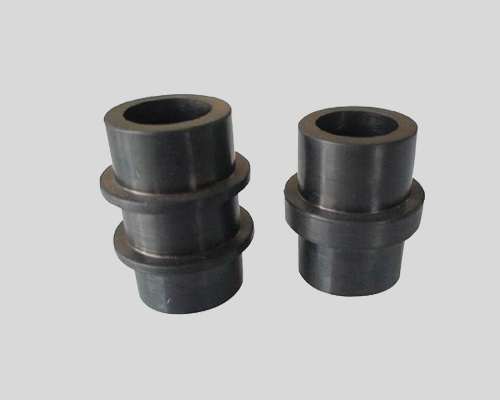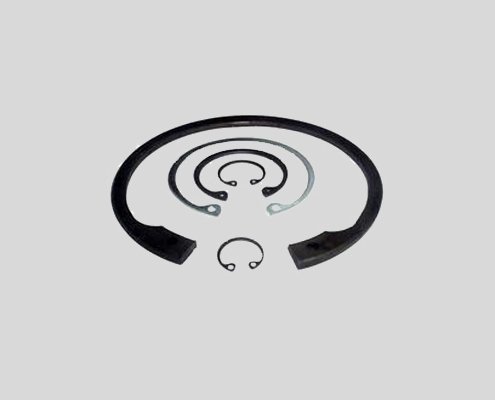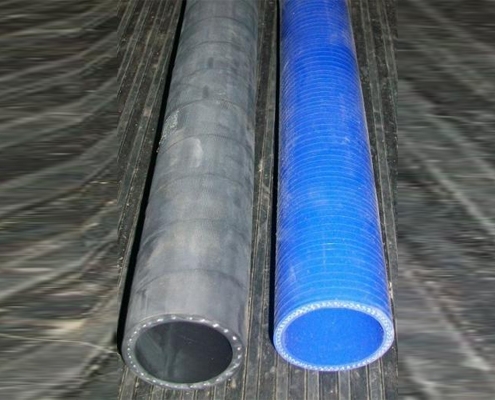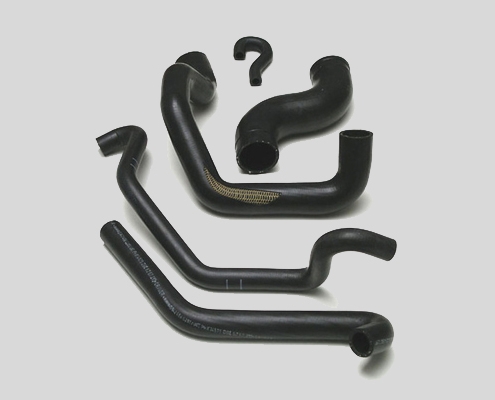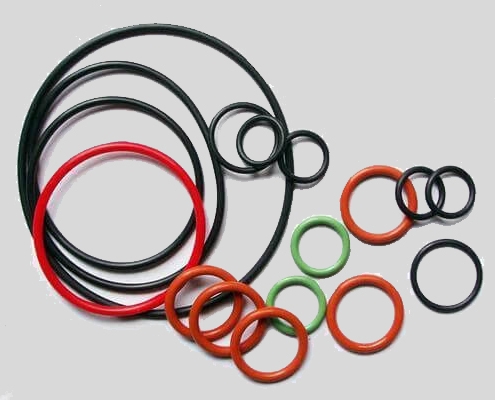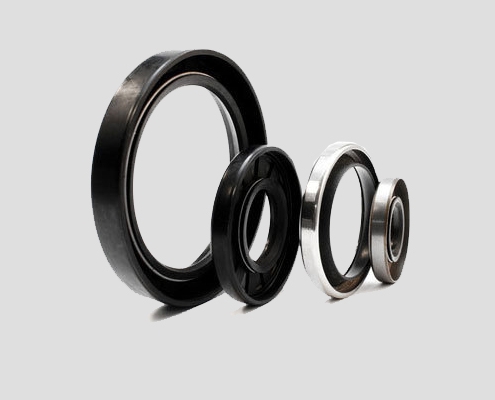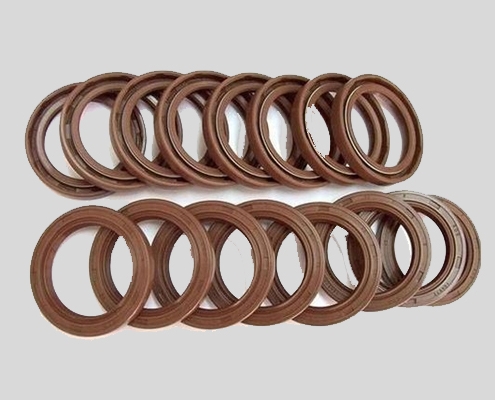What are the Compounds of Rubber Oil Seals?
Buna Oil Seals
The most common elastomer used in sealing is buna (nitrile) oil seals. Hydraulic fluids, water, steam, alcohol, mineral oils, and greases are all very resistant to nitrile oil seals. High tensile strength, abrasion resistance, and low compression set are just a few of the fantastic properties of nitrile.
Viton Oil Seals
Petroleum oils and fuels, mineral oils and greases, solvents, hydraulic fluids, water, and steam can all be used with Viton oil seals because of their excellent temperature and chemical resistance. They have characteristics of a low compression set. In cases involving chemical exposure and for demanding vacuum duty, Viton oil seals are preferred.
Silicone Oil Seals
Silicone oil seals absorb a lot of lubricants, which reduces friction and wear. Mineral and vegetable oils, salty solutions, and a variety of environmental conditions are all resistant to silicone oil seals. Silicone is commonly used in the food and beverage, as well as the medical/pharmaceutical industries.
EPDM Oil Seals
Alcohol, water, greases, and other environmental conditions can be used with EPDM oil seals. Organic and inorganic acids, salt and potassium alkalis, water, steam, and cleaning chemicals are all resistant to EPDM oil seals.
Polyacrylate Oil Seals
Oil seals made of polyacrylate are more heat resistant than nitrile. Oil seals made of polyacrylate are resistant to petroleum-based oils and fuels, transmission fluid, and the elements. In applications requiring high surface speeds, polyacrylate oil seals are preferred.
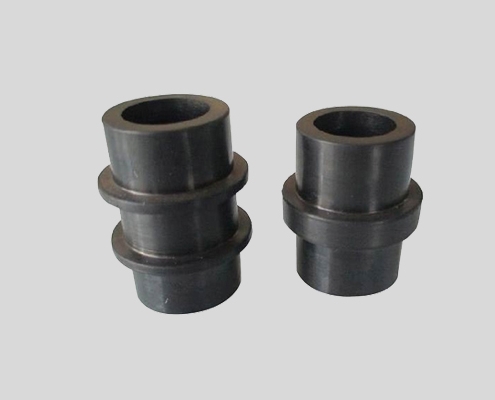 https://www.karthikautosales.com/wp-content/uploads/2022/09/Manufacturers-of-Rubber-Moulded-Products-in-Chennai.jpg
400
500
karthik_login
https://www.karthikautosales.com/wp-content/uploads/2022/07/home-Page-Logo.png
karthik_login2022-09-08 11:45:412022-09-09 07:15:38Manufacturers of Rubber Moulded Products in Chennai
https://www.karthikautosales.com/wp-content/uploads/2022/09/Manufacturers-of-Rubber-Moulded-Products-in-Chennai.jpg
400
500
karthik_login
https://www.karthikautosales.com/wp-content/uploads/2022/07/home-Page-Logo.png
karthik_login2022-09-08 11:45:412022-09-09 07:15:38Manufacturers of Rubber Moulded Products in Chennai

